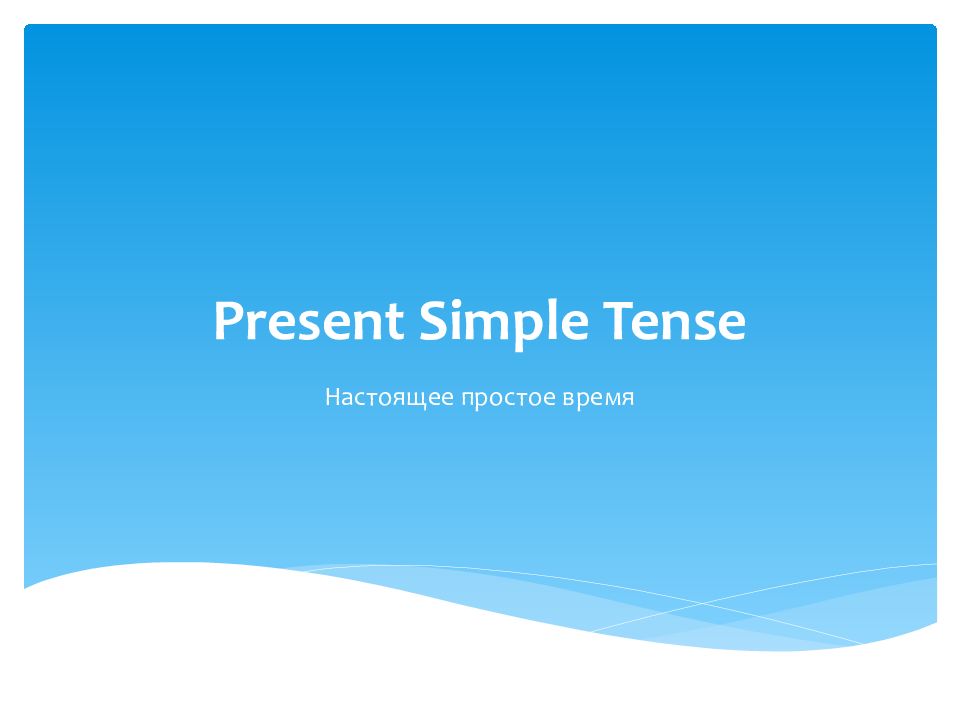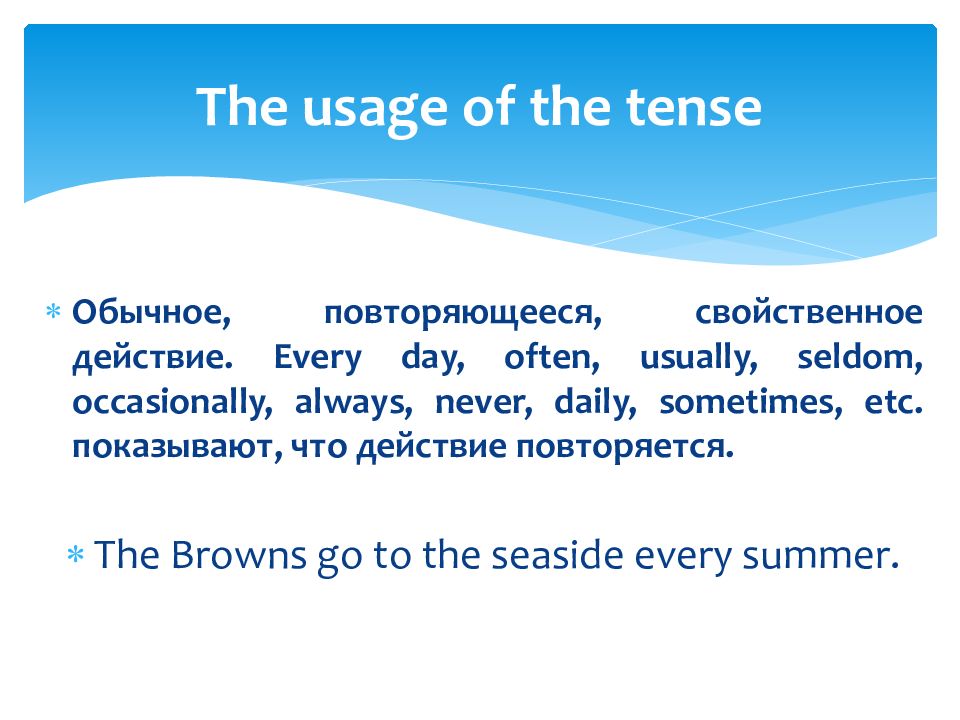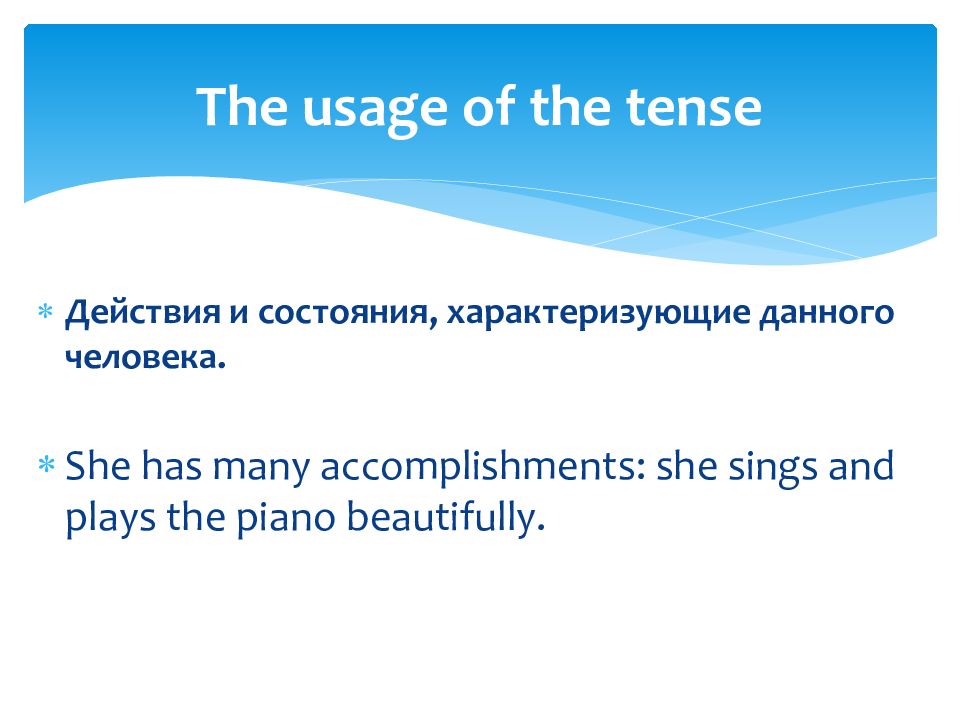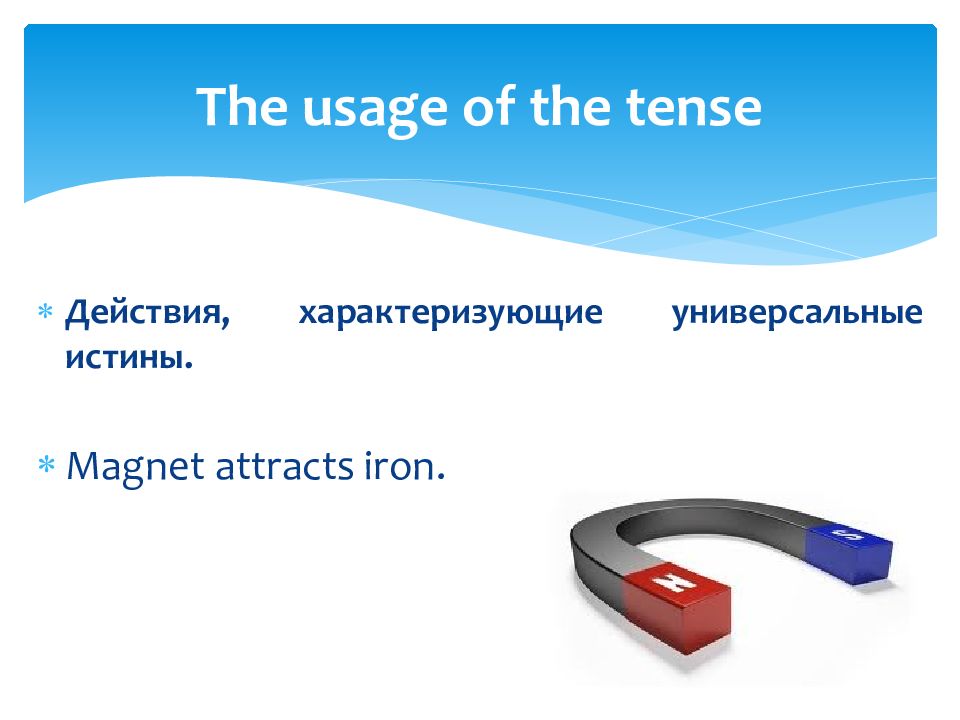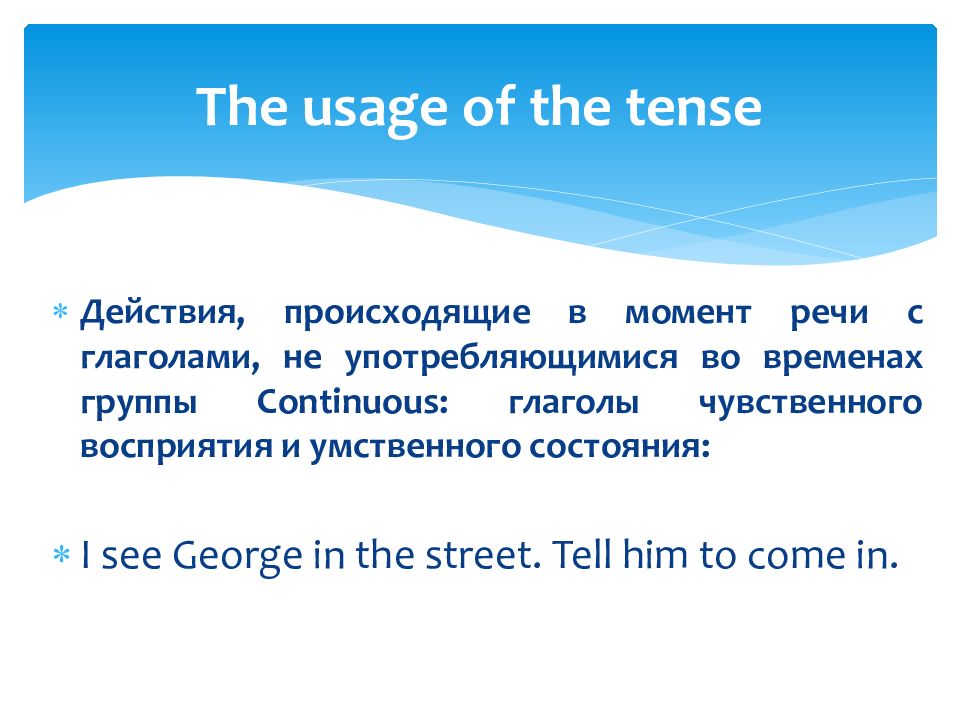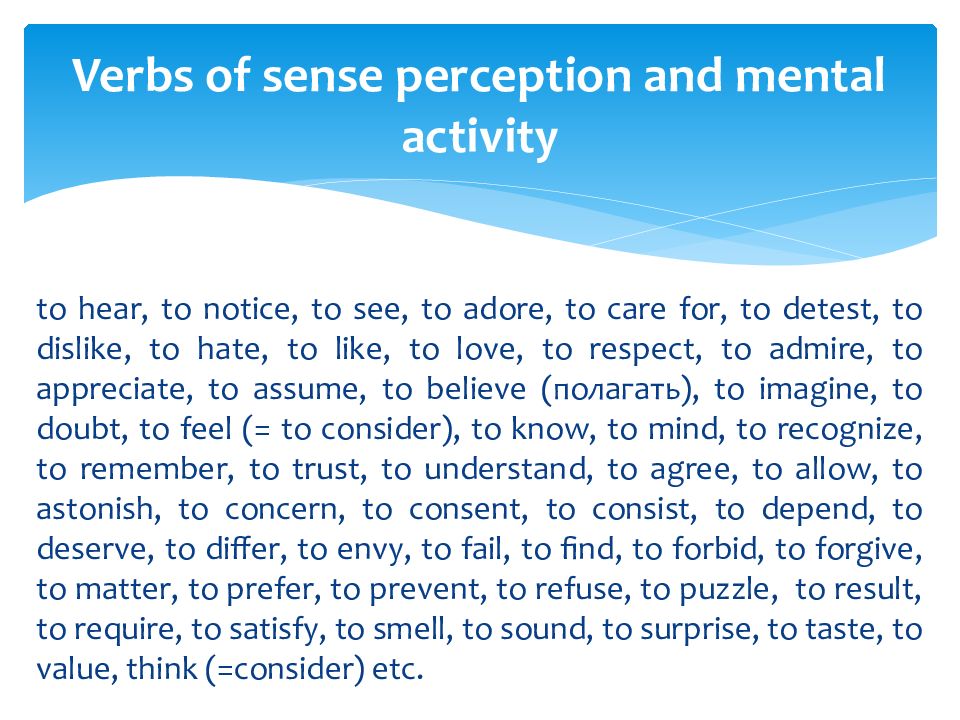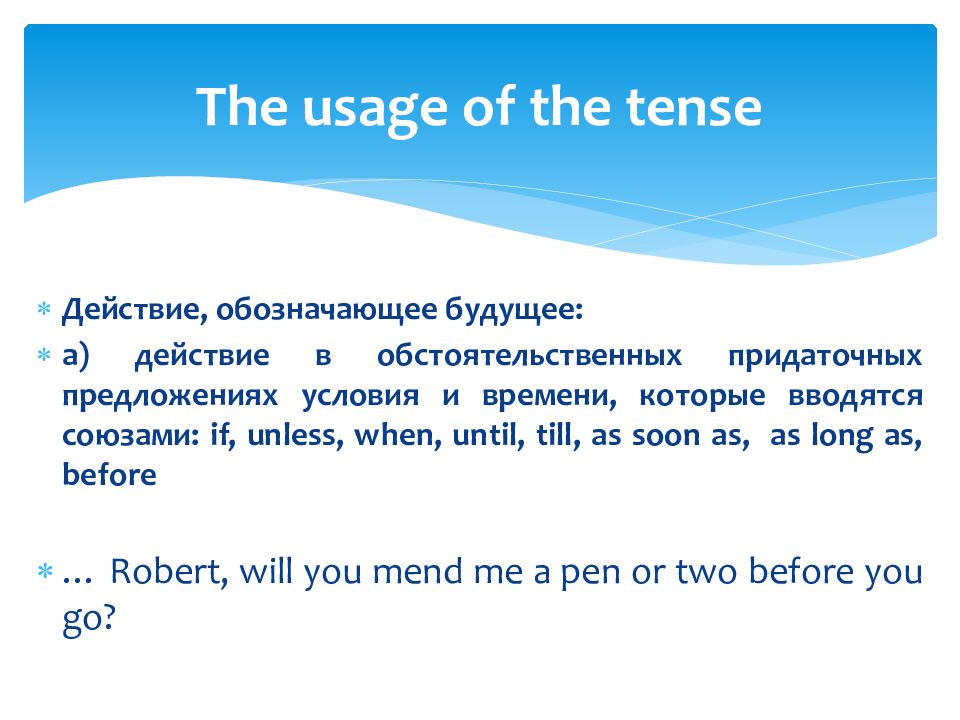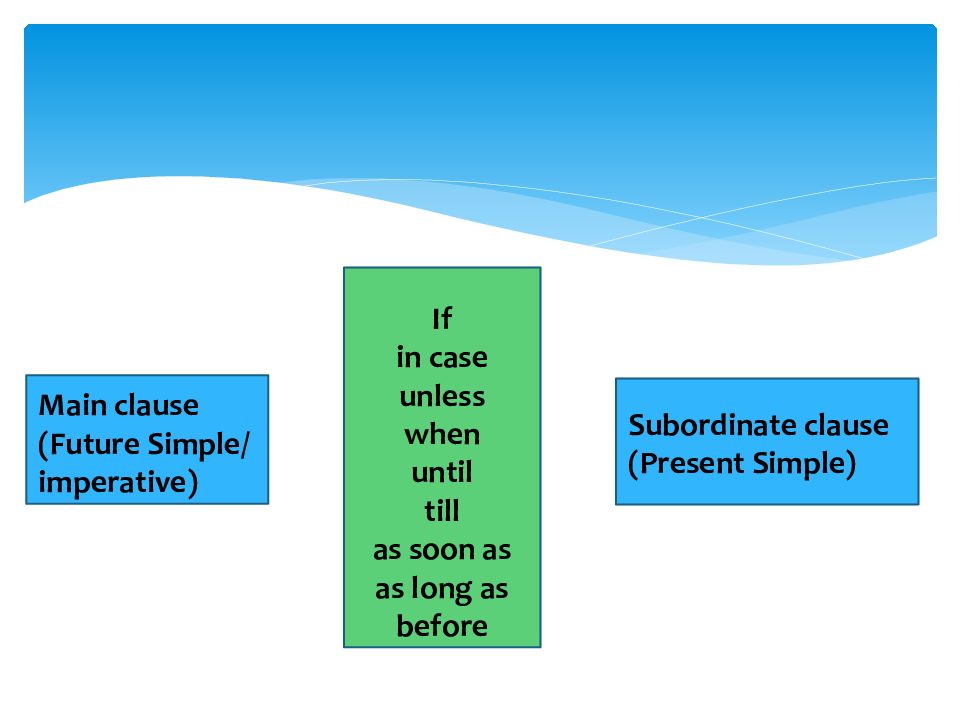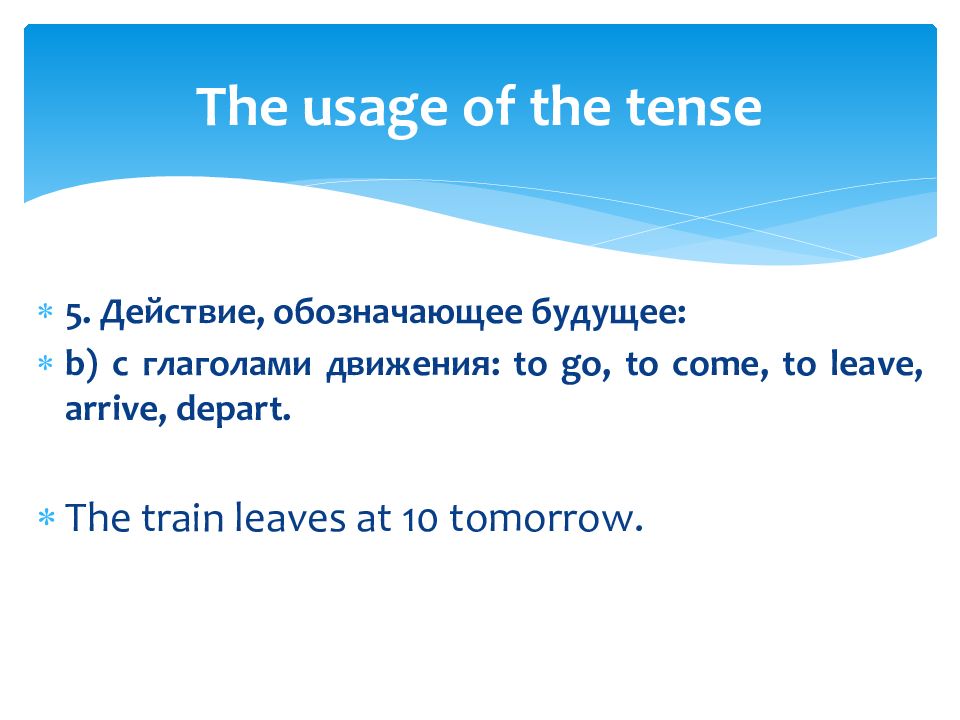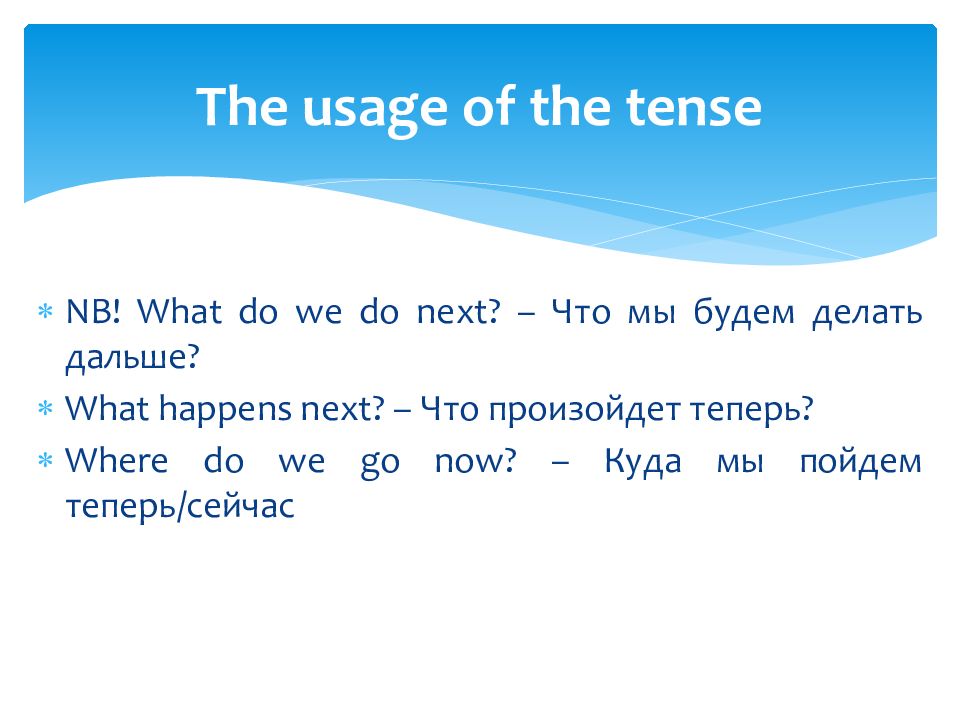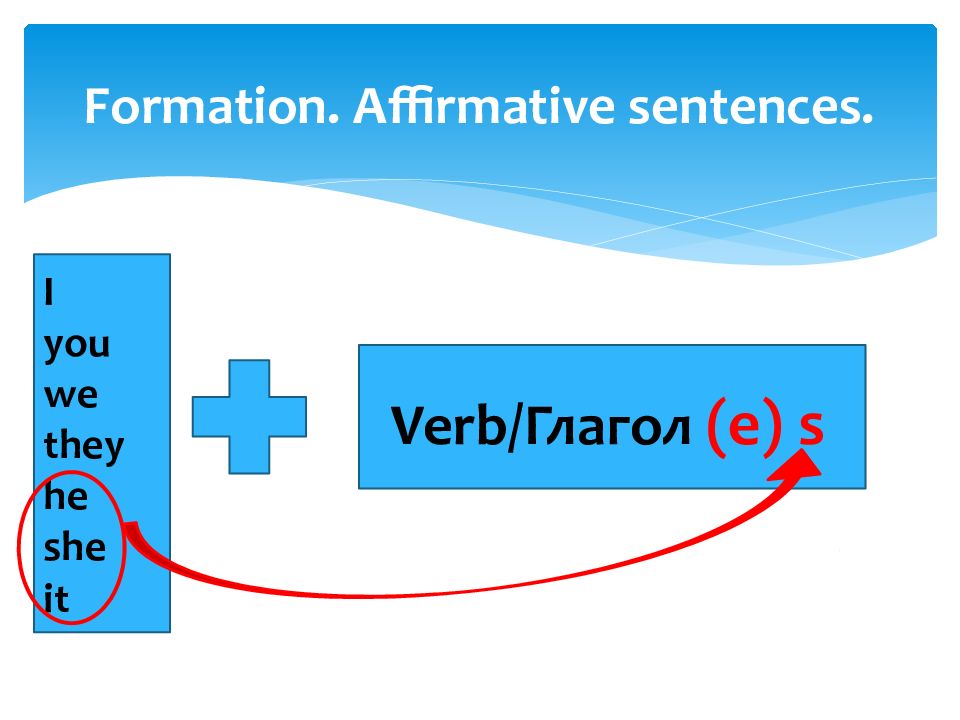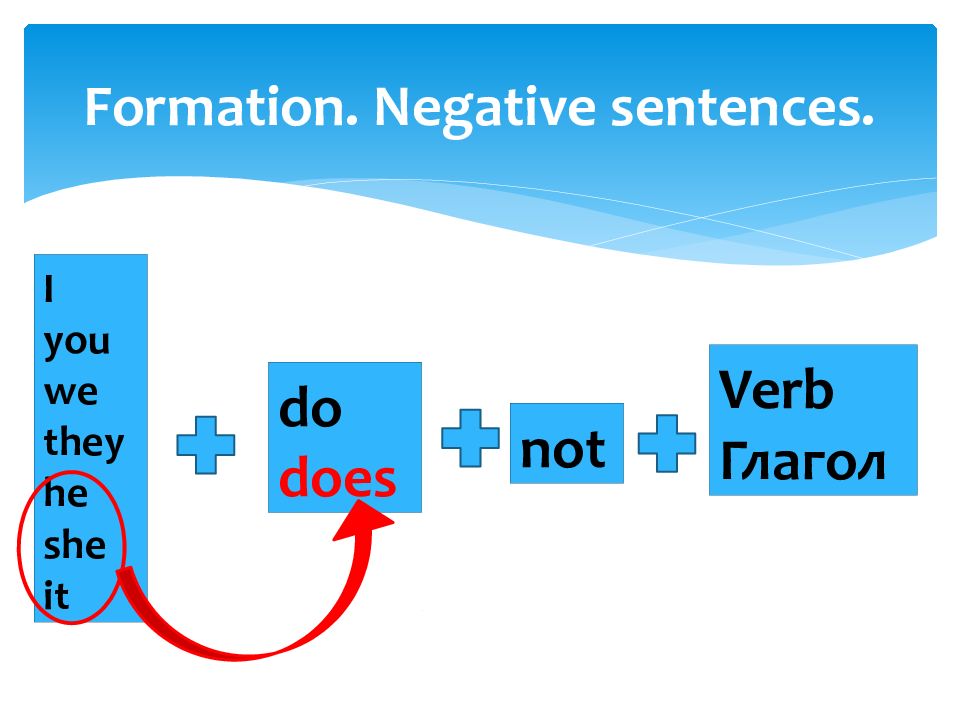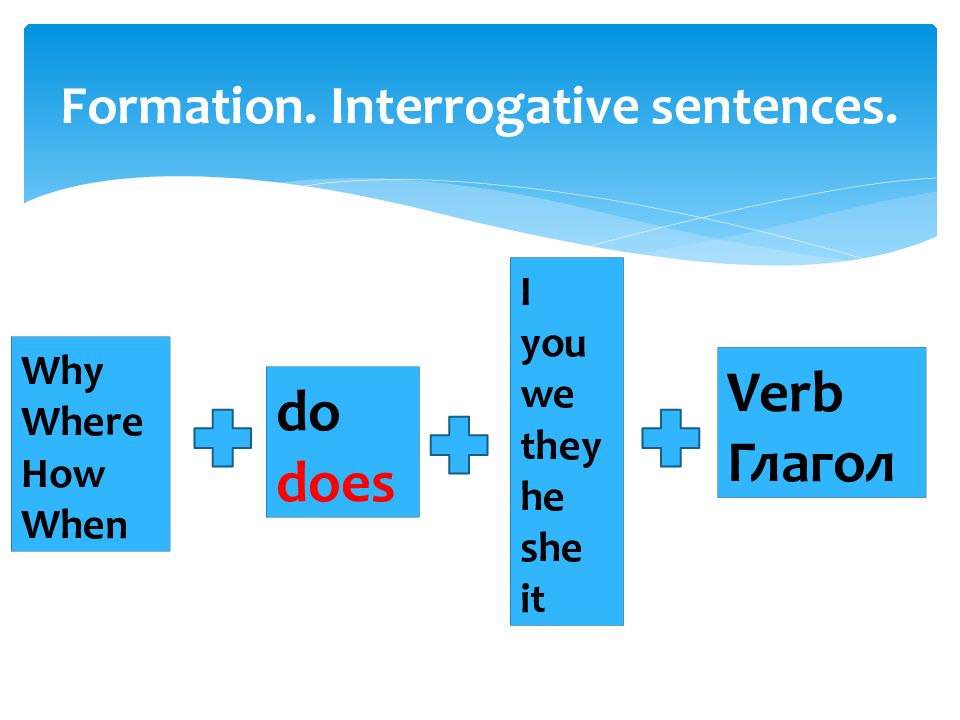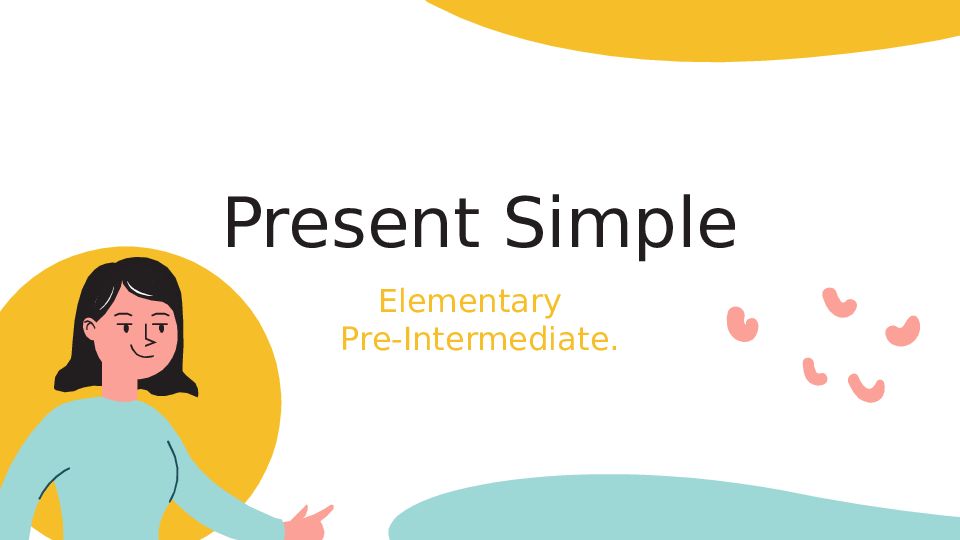Слайд 2: The usage of the tense
Обычное, повторяющееся, свойственное действие. Every day, often, usually, seldom, occasionally, always, never, daily, sometimes, etc. показывают, что действие повторяется. The Browns go to the seaside every summer. The usage of the tense
Слайд 3: The usage of the tense
Действия и состояния, характеризующие данного человека. She has many accomplishments : she sings and plays the piano beautifully. The usage of the tense
Слайд 4: The usage of the tense
Действия, характеризующие универсальные истины. Magnet attracts iron. The usage of the tense
Слайд 5: The usage of the tense
Действия, происходящие в момент речи с глаголами, не употребляющимися во временах группы Continuous: глаголы чувственного восприятия и умственного состояния : I see George in the street. Tell him to come in. The usage of the tense
Слайд 6: Verbs of sense perception and mental activity
to hear, to notice, to see, to adore, to care for, to detest, to dislike, to hate, to like, to love, to respect, to admire, to appreciate, to assume, to believe ( полагать ), to imagine, to doubt, to feel (= to consider), to know, to mind, to recognize, to remember, to trust, to understand, to agree, to allow, to astonish, to concern, to consent, to consist, to depend, to deserve, to differ, to envy, to fail, to find, to forbid, to forgive, to matter, to prefer, to prevent, to refuse, to puzzle, to result, to require, to satisfy, to smell, to sound, to surprise, to taste, to value, think (=consider) etc. Verbs of sense perception and mental activity
Слайд 7: The usage of the tense
Действие, обозначающее будущее: a ) действие в обстоятельственных придаточных предложениях условия и времени, которые вводятся союзами: if, unless, when, until, till, as soon as, as long as, before … Robert, will you mend me a pen or two before you go? The usage of the tense
Слайд 8
Main clause (Future Simple/ imperative) If i n case unless when until till as soon as as long as before Subordinate clause (Present Simple)
Слайд 9: The usage of the tense
5. Действие, обозначающее будущее: b ) с глаголами движения : to go, to come, to leave, arrive, depart. The train leaves at 10 tomorrow. The usage of the tense
Слайд 10: The usage of the tense
NB! What do we do next ? – Что мы будем делать дальше? What happens next ? – Что произойдет теперь? Where do we go now ? – Куда мы пойдем теперь / сейчас The usage of the tense
Слайд 11: Formation. Affirmative sentences
I you w e they h e s he it Verb/ Глагол (e) s
Слайд 12: Formation. Negative sentences
I you w e they h e s he it Verb Глагол d o does not
Слайд 13: Formation. Interrogative sentences
I you w e they h e s he it Verb Глагол d o does Why Where How When
